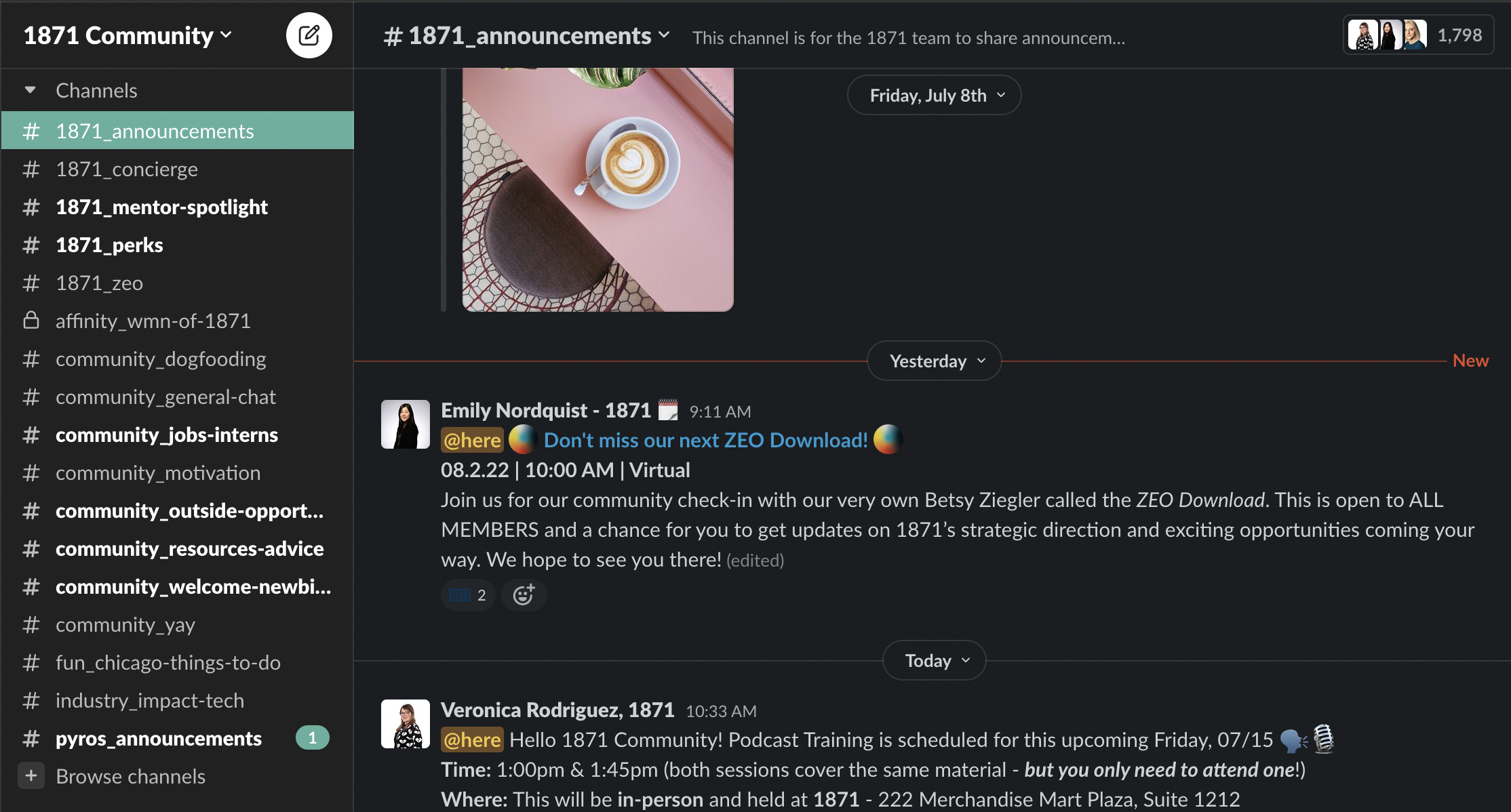CHICAGO, IL – PhysIQ, the Department of Defense, and The Henry M. Jackson Foundation for the Advancement of Military Medicine, Inc. (HJF), in conjunction with the Joint Program Executive Office for Chemical, Biological, Radiological and Nuclear Defense (JPEO-CBRND), announced the launch of an initiative to deploy physIQ’s platform to collect and analyze wearable sensor data to better understand the pathophysiology of COVID-19. Continuous monitoring with sophisticated personalized algorithms will be used to evaluate physiologic signals to predict disease progression and early indication of infection, and potentially evaluate novel treatments for COVID-19. This objective corresponds with JPEO-CBRND’s mission to evaluate advanced technologies for disease outbreak preparedness, as well as to understand how patients’ physiological data can be monitored remotely using continuously streaming wearable sensor data and Artificial Intelligence (AI).
PhysIQ, a company that specializes in collecting and analyzing continuous physiological data collected from wearable biosensors through its pinpointIQTM platform, will deploy kits to individuals associated with military hospitals in the U.S., as well as across sites in Southeast Asia. Confirmed COVID-19 positive individuals and patients at high risk of exposure will wear a clinical-grade biosensor that continuously streams data to physIQ’s platform where advanced FDA cleared AI-based analytics will process the raw vital sign data.
“We are fortunate to have previously worked with physIQ in our fight against Ebola and Sepsis in Africa and are striving to rapidly translate those novel tools and strategies for the COVID-19 pandemic,” said Dr. Danielle Clark, HJF’s Director of the Austere Environments Consortium for Enhanced Sepsis Outcomes (ACESO) program. “Our goal is to develop a suite of technologies, including physiologic monitoring to identify patients at risk of progression to severe disease, detect infection prior to symptom onset, and ultimately guide clinical decisions. We plan to track thousands of patients and high-risk contacts, as well as front-line healthcare workers. It is critical that we have tools to differentiate those who should self-isolate at home from those who require hospitalization.”
Among the specific objectives of the study are to use continuous physiological data to characterize immune response to infection, evaluate novel diagnostic and prognostic tools, and investigate efficacy of emergency investigational new drug therapies that may be administered to enrolled participants.
“As we find ourselves in these challenging times it is imperative to collaborate with the private sector in order to leverage every tool possible in this fight to understand COVID-19,” said Dr. Matt Hepburn, Joint Project Lead CBRN Defense Enabling Biotechnologies. “Teaming up with physIQ will give us clinical insights into this virus on a scale that has not been done before, while allowing us to monitor the progress of those with the disease in an outpatient setting 24×7.”
“Every day it is becoming more obvious that we need to deliver COVID-19 care in the home, as hospital capacity cannot keep up with the fallout of this devastating virus,” said Gary Conkright, CEO of physIQ. “Achieving this will require clinical and physiological insight traditionally not available in an outpatient environment or with periodic spot checks of vitals that appear to be lagging indicators with this virus. With wearable biosensors and advanced analytics, we can provide continuous, high-fidelity, multidimensional physiological insight required to understand and better treat this disease. We are honored to expand upon our breakthrough Ebola work with Dr. Clark to now address the most significant global crisis in our lifetime.”
PhysIQ and HJF clinical teams are currently implementing the global deployment plan and patient enrollment has already begun. PhysIQ technology is currently being utilized in observational studies on multiple protocols. The goal is to expand its use across additional protocols and clinical studies. Given the nature of the continuous data collection within the pinpointIQTM platform, study clinicians will have rapid access to the streaming data and analytics to monitor those individuals that have confirmed cases and those that have been exposed.
###
Join as an 1871 Early Stage Member.
Attend info sessionSubscribe to our ICYMI newsletter.
Share this post:


